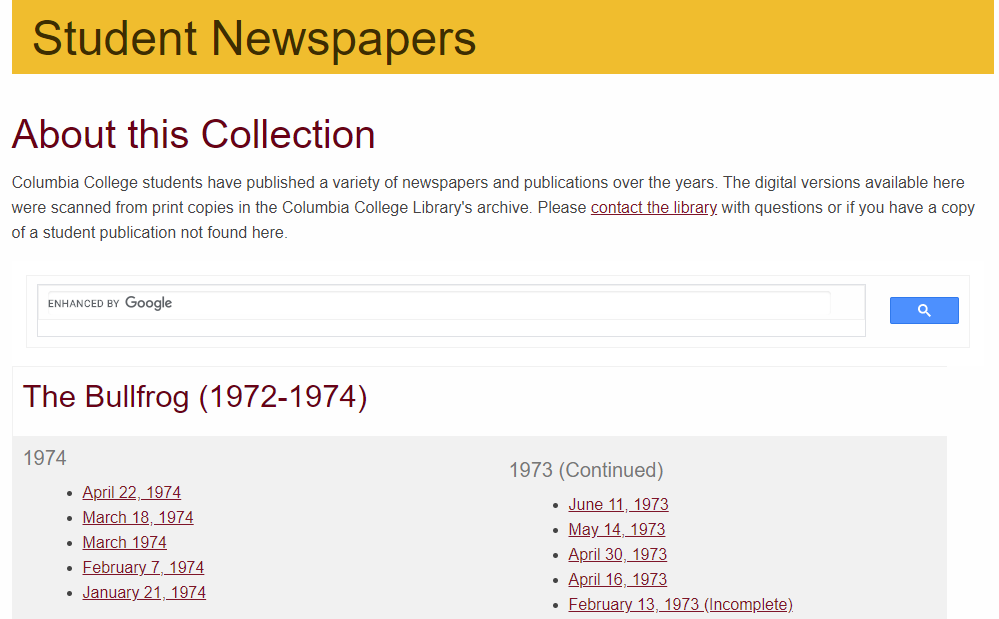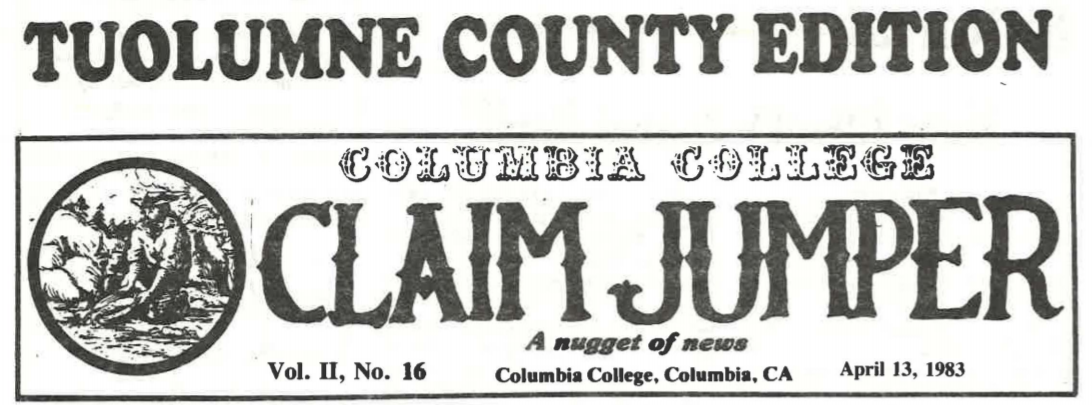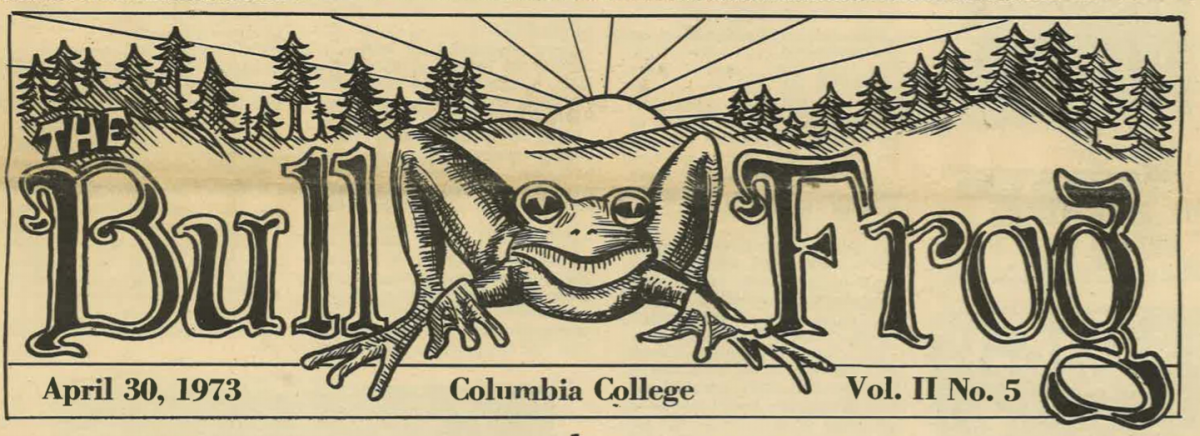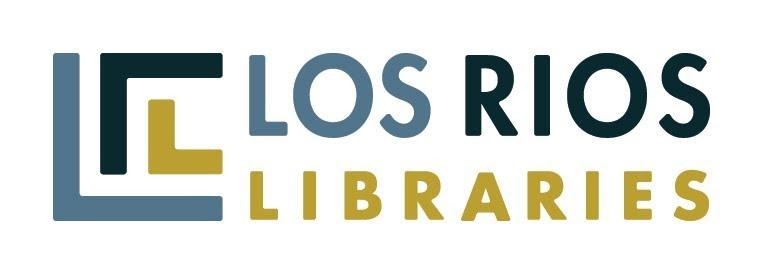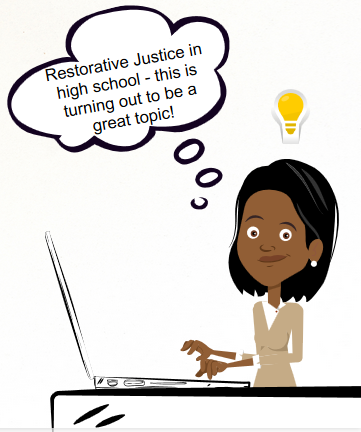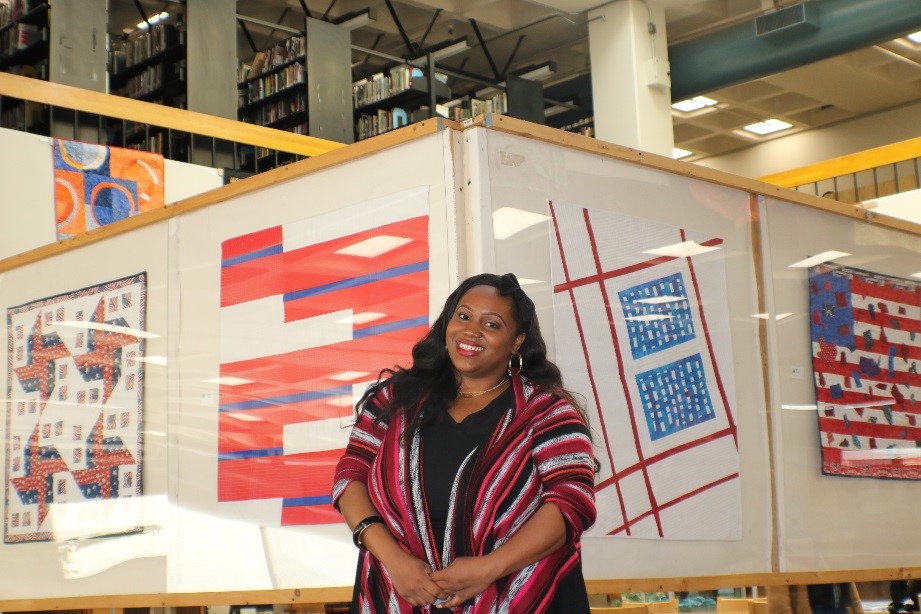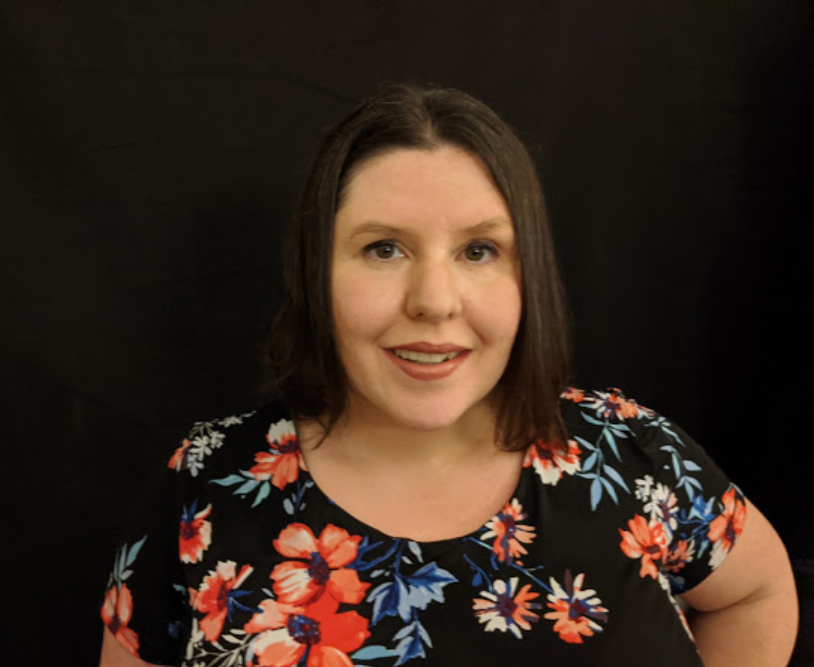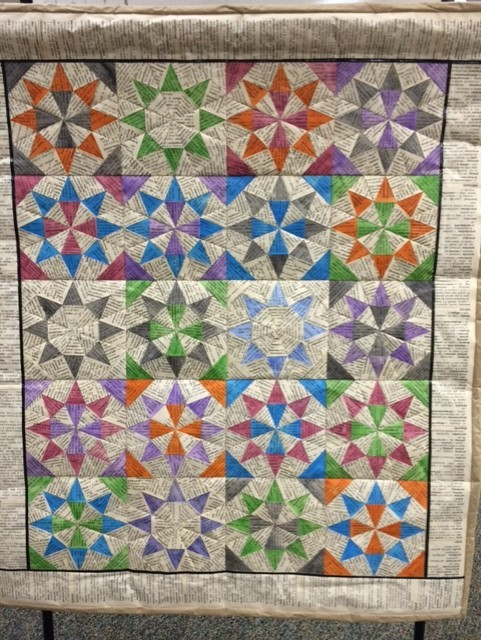Hello CCC librarians,
The CCL Board commends you for finding so many creative solutions, and being unwavering in your persistence, to connect students with the resources they need as they’ve faced a myriad of crises over the past six months. These very challenging times have highlighted, and exacerbated, many of the pervasive inequities faced by our students of color stemming from long standing systemic racism and social injustice. The Board is aware that our libraries are fully committed to equity, access and student-centered programs and services and know that we can do more. As such, we do encourage you to have conversations about race and racism, and the role the library plays in ensuring diversity and inclusion at your college. We want to support you in intentionally assessing, reflecting, and strategizing about your library’s contribution to breaking down systemic barriers, eradicating institutional racism, and promoting social justice.
At the July 23, 2020 Board Meeting, CCL revised the organization's strategic goals to affirm its commitment to “Collaborate with libraries, districts and other entities in the work needed to support social justice and dismantle structural racism and promote anti-racism in California’s Community Colleges”. It was unanimously approved that CCL will:
- Support the development of strategies, policy and procedure at the local and statewide level to improve access and success for all historically marginalized library users
- Promote the acquisition of collections and resources that support inclusive and anti-racist programs and curriculum, that are reflective of the community at large
- Support libraries in providing inclusive and welcoming learning environments that are safe and accessible, to ensure that all library users have equitable access to library materials and services
- Encourage the recruitment, hiring and retention of librarians and library staff from diverse backgrounds
If you have suggestions about specific actions CCL can take to support equity and diversity efforts at CCC libraries, please do share them with us via this form. You are also welcome to e-mail any board member directly. We look forward to hearing from you and collaborating to make real and lasting change for our students and communities.

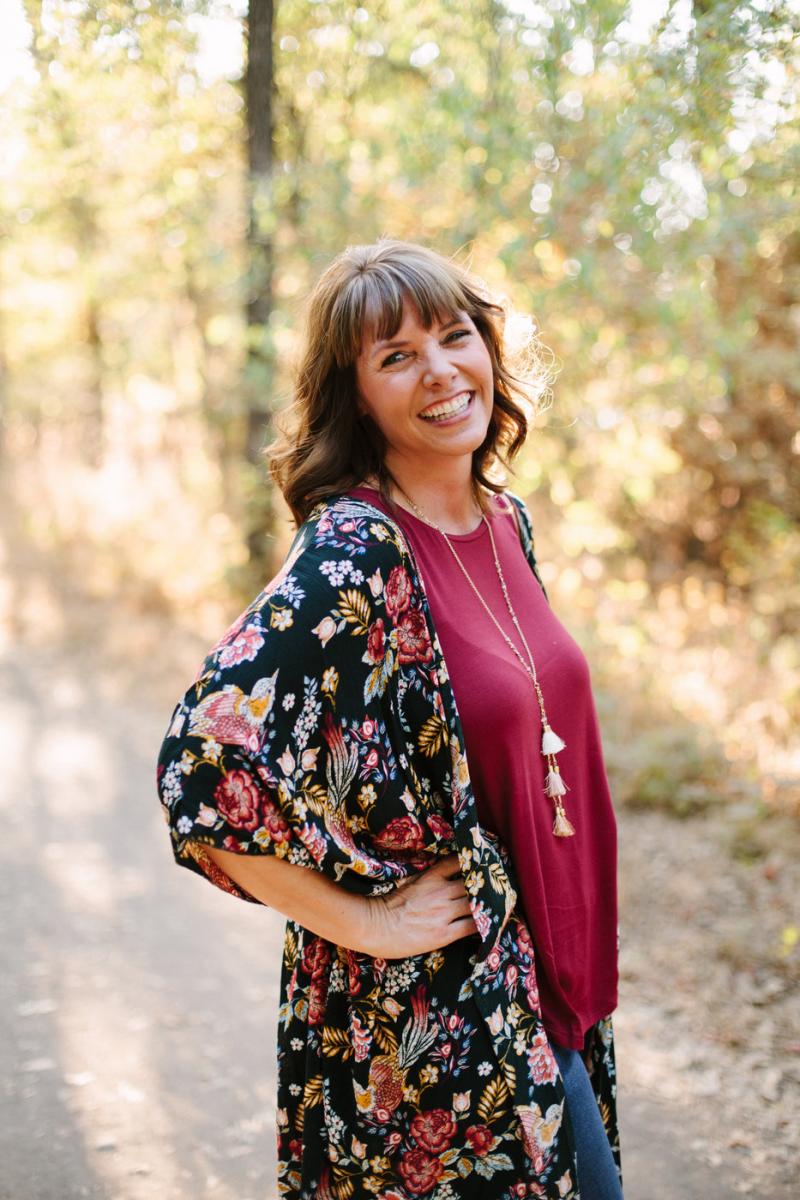 By Amy Beadle, Library Consortium Director
By Amy Beadle, Library Consortium Director